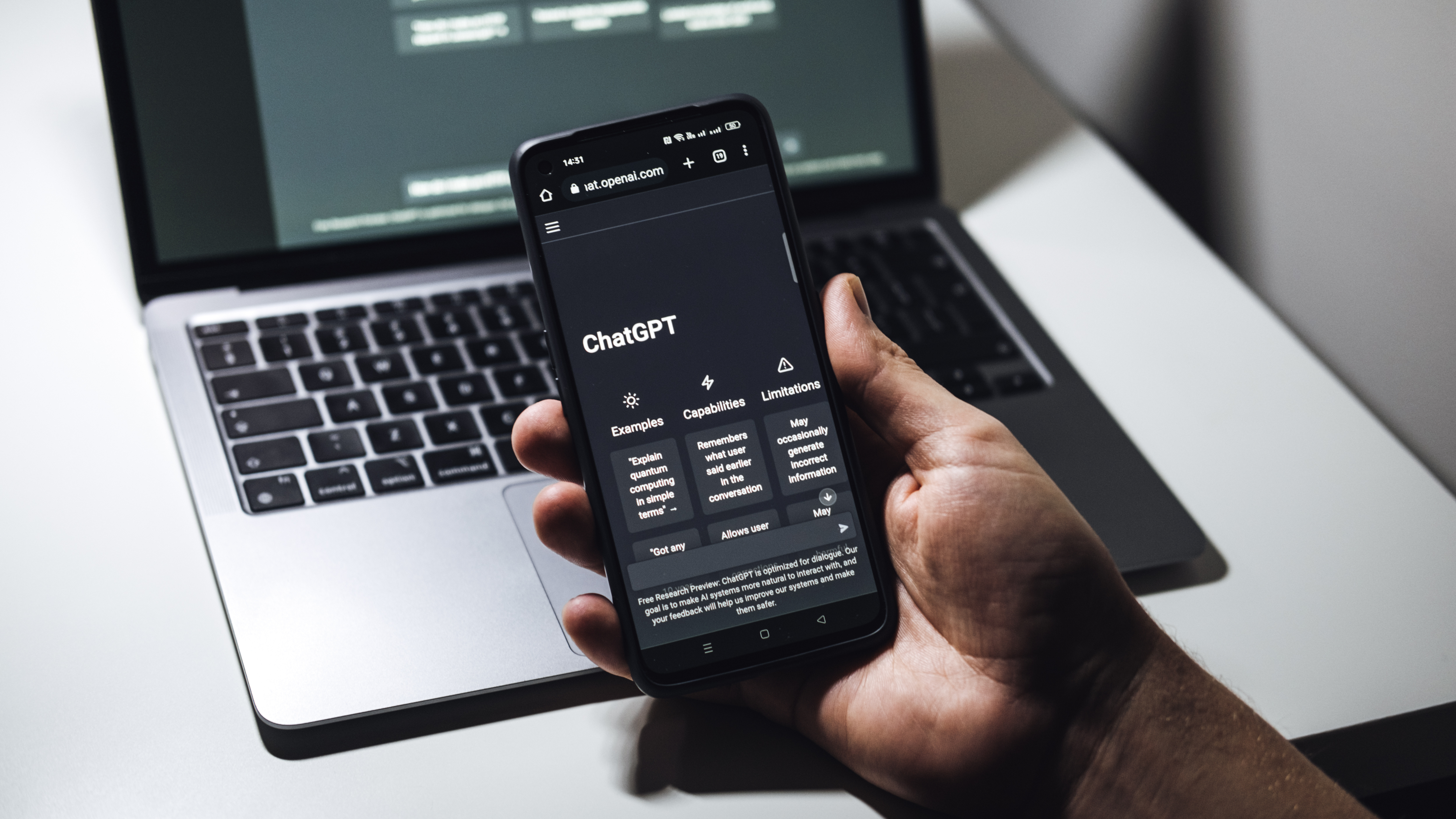In the realm of artificial intelligence, ChatGPT has emerged as a powerful tool that enhances communication, creativity, and problem-solving across various domains. However, with its open-source nature and the accessibility of shared data, it's crucial for users to adopt a proactive approach when utilizing this technology.
The Open-Source Advantage
ChatGPT, like many AI models, benefits from being open source. This means that its underlying code is publicly accessible, allowing developers and researchers worldwide to contribute to its development, optimize its performance, and tailor it for specific applications. The collective efforts of a global community can lead to rapid advancements and improvements in AI capabilities.
The Privacy Paradox
While the open-source nature of ChatGPT is advantageous for development purposes, it also presents unique challenges regarding privacy and data security. When using ChatGPT, anything shared within the platform can potentially be accessed by others. This means that users must exercise caution and avoid sharing any personal, private, or proprietary information.
Why Privacy Matters
1. Data Breaches: Sharing private details inadvertently could lead to unauthorized access or misuse of data. So, ensuring that sensitive information remains confidential is paramount.
2. Intellectual Property Risks: Sharing proprietary information within an open-source platform could result in unintended disclosure or even loss of competitive advantage.
3. Personal Security: Personal information such as addresses, phone numbers, or any other identifiable data should never be shared on platforms like ChatGPT to prevent risks such as identity theft or unwanted contact.
Best Practices for Safe Use
1. Anonymize Your Interactions: When interacting with ChatGPT, ensure that you do not use real names or identifiable details. Use pseudonyms if necessary to maintain anonymity.
2. Avoid Sensitive Topics: Steer clear from discussing topics that involve confidential business strategies or personal issues that require discretion.
3. Regularly Review Permissions: If you are integrating ChatGPT into applications or systems, regularly audit permissions to ensure that only necessary access is granted.
4. Educate Users: For organizations implementing ChatGPT for team use, conduct training sessions on data privacy best practices to ensure everyone understands the importance of protecting sensitive information.
5. Monitor Usage: Keep track of how ChatGPT is used within your organization or personal projects to identify any potential risks early on.
Leveraging ChatGPT Responsibly
Despite the privacy considerations associated with ChatGPT's open-source nature, it can be a useful tool when used responsibly. ChatGPT can support tasks like brainstorming, drafting content, coding assistance, customer service automation, and more, as long as sensitive or personal information is not shared. Framing requests in a general and privacy conscious ways helps users benefit from the tool, while minimizing risks.
Being proactive when using ChatGPT is essential to maximize its benefits while minimizing potential risks associated with its open-source environment. By adopting robust privacy practices and fostering awareness about data security among users, individuals and organizations alike can harness the power of AI responsibly and effectively.


